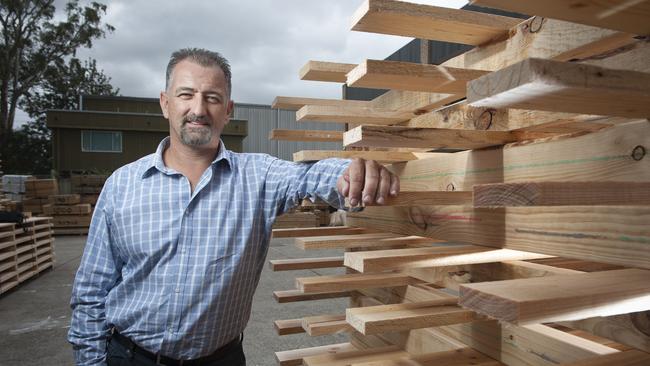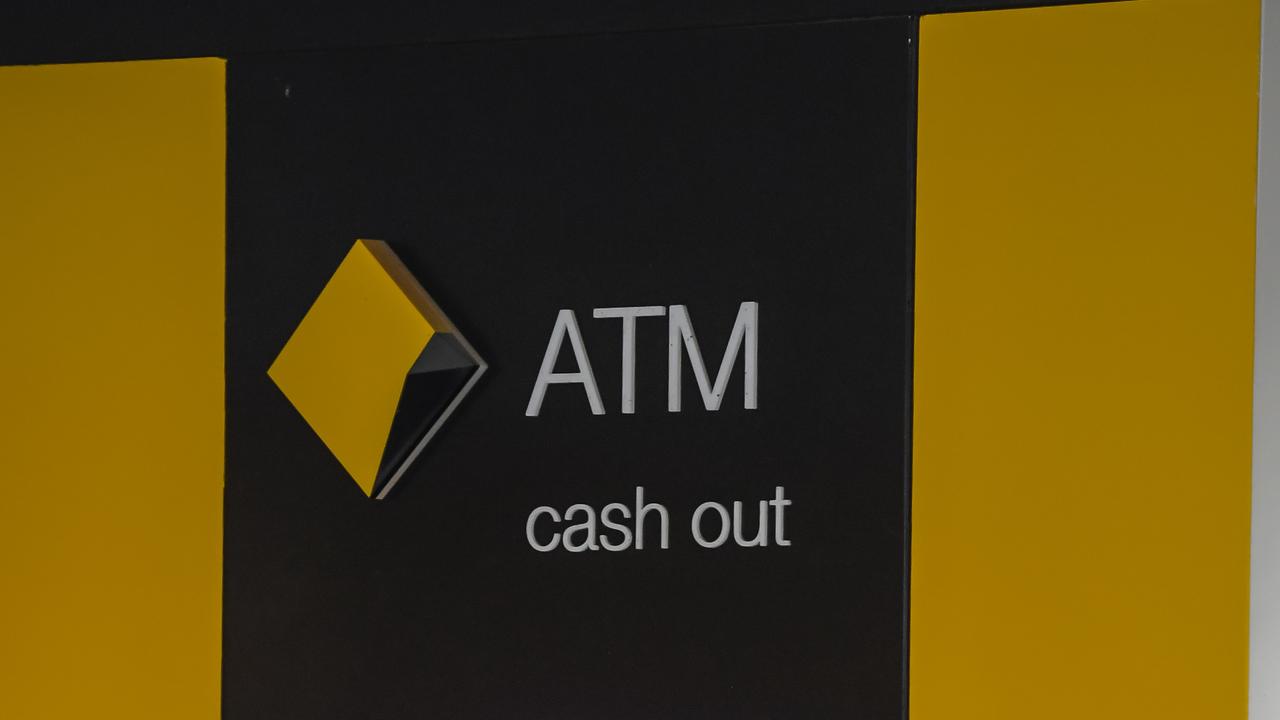Working on the right side of the dollar
BUSINESS in the past week had enormous stimulus thrown at it. But an interest-rate cut is a slow-burn inside organisations.

BUSINESS in the past week had enormous stimulus thrown at it. But an interest-rate cut is a slow-burn inside organisations. The rates have to be passed on by some risk-averse banks that make all the right noises about supporting small business but then pay lip-service when it comes to passing on rate cuts.
The six-year lows for fuel prices — and especially the big drop in the dollar — will have almost immediate positive impacts on most businesses. Yes, there are importers and retailers able to procure product cheaply when the dollar was so high.
And yes, many moved operations offshore to survive in the face of the previously high currency.
But the many businesses we have profiled in this column are the local survivors: companies that found ways of doing business from an Australian base. Manufacturers, tourism operators, service companies and many more that clung on by their fingernails when the dollar touched $US1.10 — and found new efficiencies to allow them to survive — should technically be doing better with the dollar 20 per cent lower recently. I say technically because there are many other aspects that can dilute the effects of a falling dollar — rising input costs and competitors prepared to sacrifice margin for market share are two key reasons life can still be tough.
Eventually the stimulus will flow through to the bottom line. Competitors that fly in the face of the dollar will dwindle. Local companies who moved their manufacturing offshore will question their decisions — and the economic cycle is likely to repeat itself all over again.
The challenges for local companies now is to work out how to earn more foreign dollars (especially US dollars and pounds, which have had the biggest gains against the Aussie) and also how to replace imported goods with their own.
The elephant in the room is China and the enormous two-way trade of goods and services between our nations. This will be enhanced many times over in the coming decade by the Free Trade Agreement. The opening of the new renminbi trading bank in Australia will allow business, large and small, to transact directly in the Chinese currency. And considering the Chinese currency is linked to the US dollar, the opportunities are great. As Glenn Stevens, governor of the Reserve Bank said at the opening: “Today the bulk of global trade is settled in US dollars. But with China now a very large trading nation, and continuing to grow into a ‘continental-sized’ economy, it would be surprising if at some point we do not see much more use of China’s currency for trade purposes. Already its usage is growing quickly, if only from a small base. So Australian firms and the Australian financial system need to be well prepared.”
Fast firms on the right side of the dollar will take advantage.
PALLET MAKER KEY TO MANUFACTURING
WHEN you think movements in the Australian dollar you immediately think of miners, farmers, travel companies and manufacturers. You don’t often think about pallet makers.
That’s right, the wooden pallets that all manner of goods and crates sit on; that are easy to use with a forklift to move around a warehouse or to stack on a truck.
And it’s fair to say Michael Mourad and his family don’t plan to start exporting their pallets anytime soon. But they know if there is more business — and especially more export business from manufacturing customers — then more pallets will be needed.
Mourads’ Pace Pallet Service supplies a key item to manufacturers so the better manufacturers go, the better Pace Pallet Services goes.

“We do piggyback on larger businesses and become part of their business. When they are under pressure they push the pressure our way.”
The business started as three separate independent transport contractors that collected pallets around town. But increasingly there was a demand for repairing pallets.
And once that was in place it was an obvious step to start making pallets.
Like so many other manufacturing success stories, the initial pallet repair business was in the back of the family garage. But now established with about 12 employees it is based in Wetherill Park.
But it seems like a brave call, considering some of the potential competition. Around the world, the pallet business is dominated by Chep Pallets — owned by Brambles. But its distinctly blue pallets work on a different business model to Pace. Where Chep rents its pallets out, Pace sells them outright to customers.
The trick was to provide specialist pallet solutions because — forget about the dollar — it would struggle to compete against the basic pallet being churned out every 10 minutes or so on multimillion-dollar machines.



